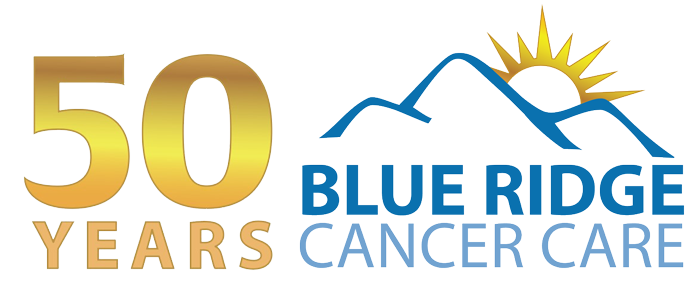Industry News
Controlling gut bacteria may reduce gastrointestinal side effects of chemotherapy
9/11/2015
Scientists have shown in mice that severe side effects caused by a commonly used chemotherapy drug can be reduced by controlling specific processes in the gut.
Clearing a path for cancer research
9/11/2015
EMBL-EBI researchers develop a new computational method to study biological signalling networks in healthy and cancer cellsResearchers at EMBL's European Bioinformatics Institute (EMBL-EBI) have...
Errant gene turns cells into mobile cancer factories
9/11/2015
Salk scientists find key molecular mechanism that underlies deadly behavior in hard-to-treat breast cancerNew Salk research shows that high levels of the critical gene Sox10 is tied to...
Rare plant reveals its recipe for potent chemotherapeutic agent
9/11/2015
Inconveniently, the only current method to synthesize the chemotherapy agent etoposide is by using extracts from a plant, but researchers have successfully manipulated Nicotiana benthamiana (tobacco)...
Telomerase can be successfully targeted by a highly specific inhibitor
9/11/2015
For the first time, a team of scientists has demonstrated how a small molecule drug binds to a specific pocket of an enzyme activated in approximately 90 percent of all cancersWhile there is no...
Almost half the risk for testicular cancer is inherited, study finds
9/11/2015
New research from the Institute of Cancer Research finds that almost 50% of the risk for testicular cancer is inherited - a rate that is far higher than with other cancers.
Breast cancer liquid biopsy results presented at World CDX conference
9/10/2015
ANGLE plc, the specialist medtech company, is pleased to announce that the University of Southern California (USC) Norris Comprehensive Cancer Center has presented highly promising results from the...
Blood test could replace biopsy for cancer diagnosis
9/10/2015
A new blood test proves almost 70% accurate in diagnosing cancer by identifying cancer-related gene mutations. Researchers say it could soon replace biopsy for some patients.
How the 'heat' compound from chili peppers could help kill cancer cells
9/10/2015
Capsaicin, the compound responsible for chilis' heat, is used in creams sold to relieve pain, and recent research shows that in high doses, it kills prostate cancer cells.
Natural compound could reduce breast cancer risk in some women
9/10/2015
Luteolin may inhibit growth of human breast cancer cells in postmenopausal women taking hormone replacement therapyMore than 100 women die from breast cancer every day in the United States.
